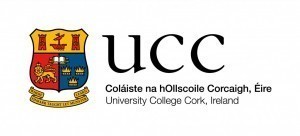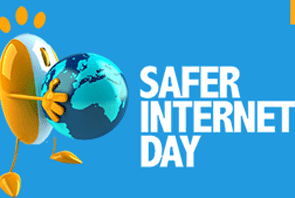8 February 2016
By Bryan T. Smyth
bryan@TheCork.ie
The Irish Research Council is calling on higher education institutions, public bodies and individuals in Cork to get involved in #LoveIrishResearch, a new initiative launched last week that will run throughout 2016 with the aim of increasing public awareness of the important research conducted in higher education institutions throughout the country.
The first publication produced as part of the initiative was unveiled at the launch: “Discovery Ireland”, a book exploring the role of discovery research, celebrating the achievements of great Irish scientists, and highlighting the fundamental research currently underway in Ireland. Among the contemporary case studies is Dr. Francesca Turroni from University College Cork (UCC) who investigated the scientific evidence for probiotic foods. Also featured are Dr Brigid Lucey and Dr Roy Sleator from Cork Institute of Technology (CIT) who explain how an unexpected result led to the discovery of a new strain of bacteria which they named Campylobacter corcagiensis, after its county of origin.
In the wake of the publication of “Discovery Ireland”, a range of activities are planned over the coming weeks as part of the #LoveIrishResearch campaign. A specific Decade of Commemorations programme, was launched last Friday.
Commenting on the campaign, Professor Jane Ohlmeyer, Chair of the Irish Research Council, said: “#LoveIrishResearch is an opportunity for towns and cities throughout Ireland to celebrate significant research achievements, past and present. It is also a chance to demonstrate to the people of Cork why research matters, and how it benefits our everyday lives.
“Ireland punches significantly above its weight across a range of research disciplines and, historically, we have a hugely impressive record in terms of research discoveries and breakthroughs. Eleven Irish researchers are listed among the top one per cent of researchers currently practising worldwide, while – as a country overall – we are in ninth place on the most recent Thomson-Reuters InCites global scientific rankings. In a number of disciplines – including nanoscience, nanotechnology, immunology, computer sciences, and neurosciences and behaviour – we rank in the top five. In relation to the Arts and Humanities, Irish universities rank amongst the top 100 universities in the world.
“For a country of this size, these are major achievements. Add to that the historic accomplishments of researchers such as Robert Boyle, George Boole, John Tyndall and Kathleen Lonsdale, and it is clear that Ireland and Cork has a rich legacy of ground-breaking research.”
Low Level of Public Awareness of Ireland’s Research Achievements
“Unfortunately, however, there is a low level of awareness among the general public of these major achievements,” continued Prof. Ohlmeyer. “Research conducted in higher education institutions – such as UCC and CIT– have enhanced our understanding of the world and led to the development of new ideas that impact on all our lives, but this is not often celebrated or publicly acknowledged.
“With #LoveIrishResearch, we are aiming to engage members of the public – in Cork and elsewhere – in the amazing work being conducted by Irish researchers and to highlight their achievements across multiple fields.”
Launched by Minister Damien English
#LoveIrishResearch was officially launched last month by the Minister for Skills, Research and Innovation, Damien English TD. Commenting at the launch, he said: “The Government’s research strategy, ‘Innovation 2020: Excellence, Talent, Impact’, positions Ireland as a global innovation leader, with our research efforts driving a strong sustainable economy and a better society. By 2020, we are committed to seeing public and private investment in research reaching 2.5 per cent of GNP, with 40,000 research personnel working in enterprise.
“Investment in research is essential for strengthening indigenous enterprise, securing foreign direct investment, licensing new technologies, establishing new companies, and providing the highly-educated workforce needed to ensure the continued development of our economy and society. The #LoveIrishResearch initiative has an important role to play in communicating the impact of Irish research to the wider public.”




